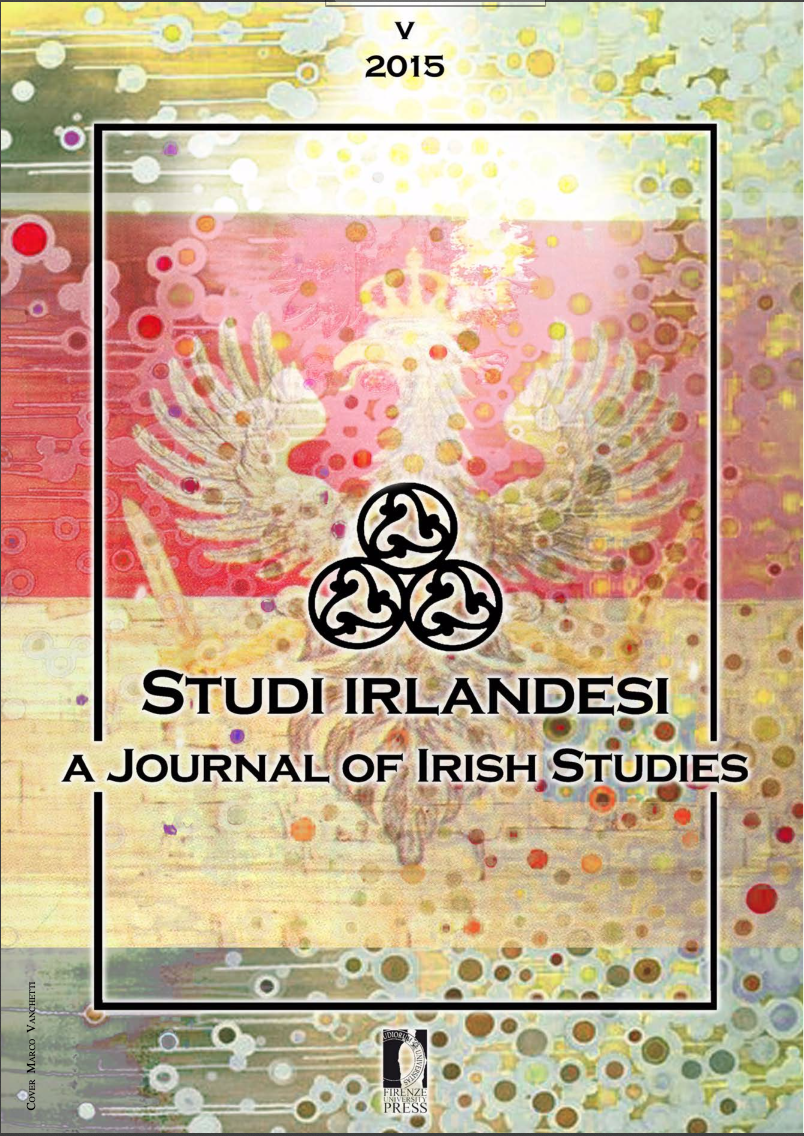Wicked Female Characters in Roddy Doyle’s “The Pram”: Revisiting Celtic and Polish Myths in the Context of Twenty-First Century Ireland
Published 2015-06-17
How to Cite
Abstract
“The Pram” is the only horror story in Roddy Doyle’s collection The Deportees and Other Stories (2007). It is also unique in terms of its approach to Ireland’s multicultural scene in the twenty-first century. Doyle turns the other side of the coin and introduces a migrant caretaker (Alina), who loses her mind due to her employees’ (the O’Reilly family) ill-treatment. As a reaction to their scornful attitude, Alina becomes a murderer. Set in the context of twenty-first century Dublin, “The Pram” contains various references to Celtic and Polish mythological female figures (in particular, the Old Hag of Beara and Boginka), which strengthen the thrilling, mythical elements in the plot. This paper aims to examine the characters’ negative attitude towards migrants in Ireland in the light of the racist discourse present in the story. Also, I will focus on the story’s female characters and discuss the handicaps of being a female migrant in Ireland. The parallels between the mythical female figures and the protagonist Alina will be another point to be analyzed. The argument of this paper is that Doyle does not always portray the positive outcomes of a multicultural society. On the contrary, he conveys the perspective of the incoming migrant. “The Pram” stages the obstacles that a female outsider may experience in Ireland and her subsequent transformation as a result of the racism she encounters there.


